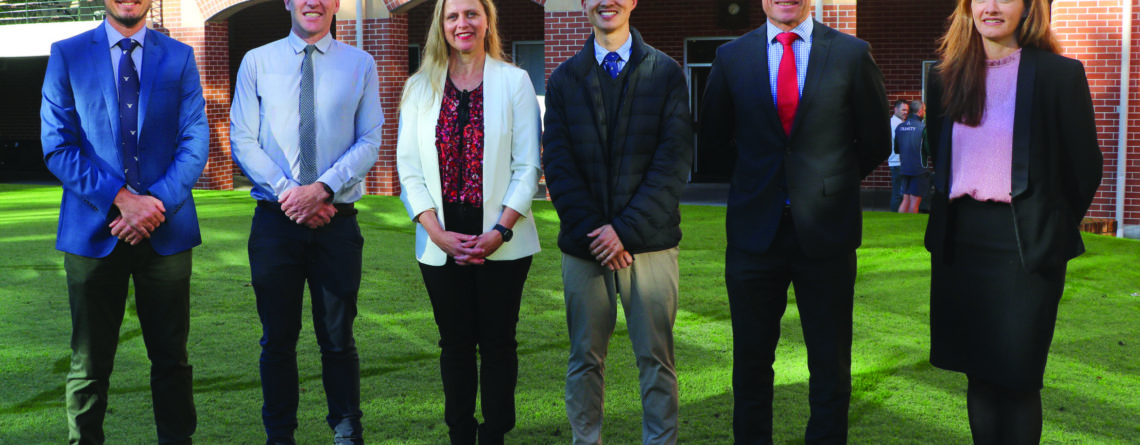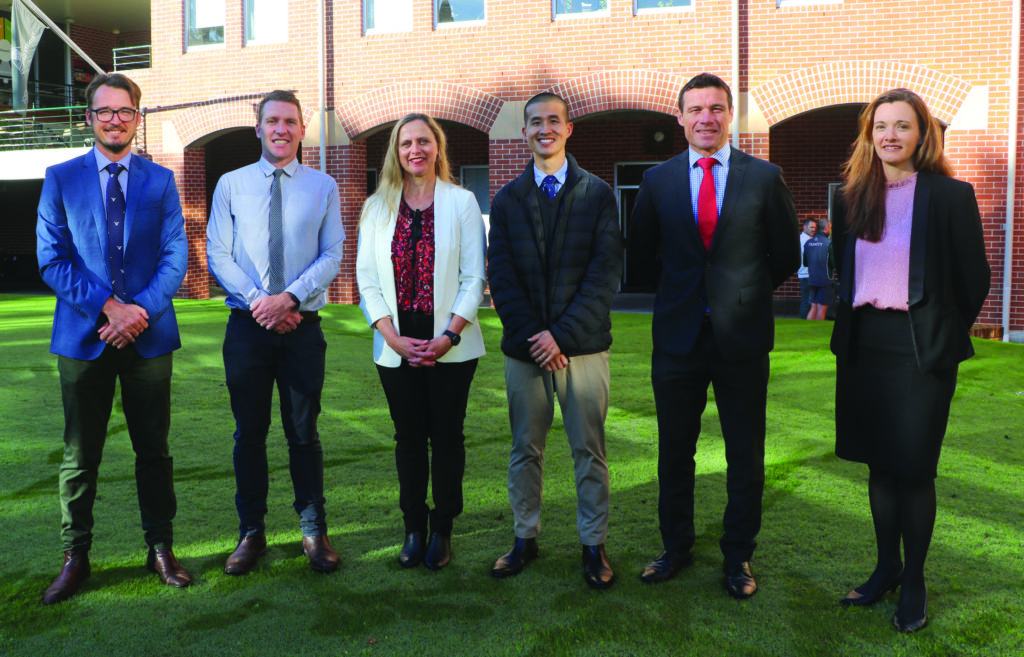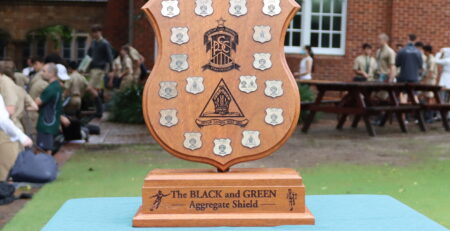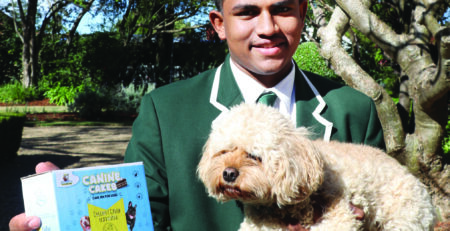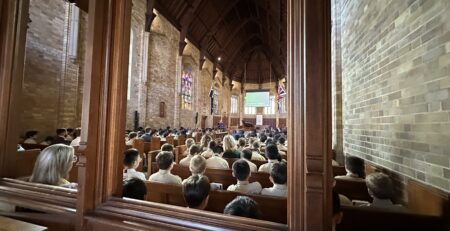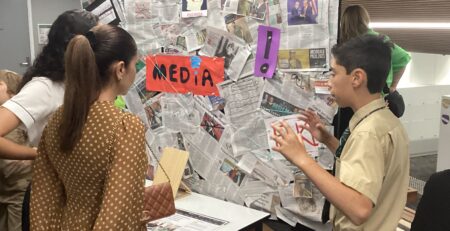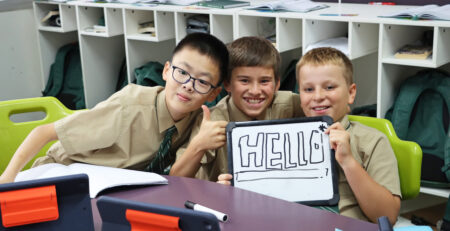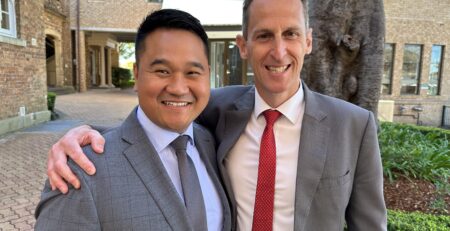Lessons for life
Teaching the art of living with respect
Education is not all about academic prowess – Trinity’s long-established Life Skills programme is living proof of that.
Many of the lessons learned will serve students well throughout their lifetime, proving at least as valuable – some say more so – than anything learned within the confines of an academic syllabus.
The programme, a key component in the School’s mission to “grow good men”, has been running formally for many years.
“The aim is to develop emotional and social skills, to enable the boys to thrive, to form deep and respectful relationships, and to be able to make healthy choices when navigating life’s inevitable challenges,” explained John Allen, Head of the Middle School.
There is, however, a clear link to academics.
“When you feel safe, valued and connected in a community, your engagement with academic learning goes up, too,” he said.
The Life Skills programme is delivered fortnightly in tutor groups and runs from Year 7 to Year 12. The Junior and Preparatory Schools also deliver a social and emotional learning and wellbeing curriculum, meaning this is a whole of school approach to wellbeing.
There’s one topic for each of the four terms; currently in Years 7-12 they cover respect, academic growth, healthy masculinity and mental health.
The content is flexible and pitched to the appropriate ages and levels of development.
Life Skills helps students deal with many high-profile issues in public life; the issues surfaced in recent times surrounding consent, for example, was covered in both the respect and healthy masculinity topics.
The programme is augmented by addresses and presentations from Trinity staff at assemblies.
In first term, for example, Mr Allen and Middle School Deputy Head David Galluzzo talked about great communities, such as Trinity’s, and the traditions and expectations associated with them.
They tackled questions including: “What are the ingredients of great communities? How do great communities treat all people?”.
The School’s acting Activities Master Luke Gray gave an Old Boy’s perspective, while at another assembly three Year 9 monitors spoke from a student’s perspective.
Bullying was addressed by Housemaster (Middle School) for Weeks House and TESS faculty member, Leanne Heanly.
Three Housemasters spoke about International Women’s Day – Phyllis Bookluck, Phil McKay and Katie Brett.
Assistant Chaplain Nathan Lee addressed the issue of celebrating diversity.
“Generally speaking, Trinity students have very high standards of behaviour,” said Mr Allen.
“We emphasise the common courtesies, and I see countless examples of students delivering well on those fundamentals. I see it all the time, every day, in things like students looking teachers in the eye and saying hello when they pass.”
How does the School gauge how well the programme is working?
Student feedback on My House surveys gives a good indication of the level of engagement, and positive and negative behaviour are flagged in merit certificates as well as demerits and detentions.
“These give students the chance to review and reflect on their behaviour,” said Mr Allen.
“It’s important that they learn from errant behaviour and are able to pause and re-set their plans for better decision-making.”

